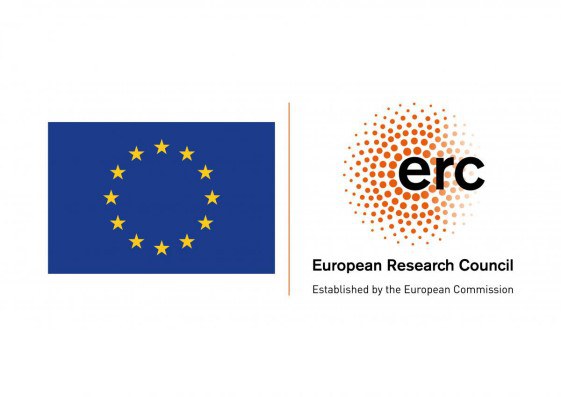PhD Student - Development of luminescent chemical sensors for the selective detection of Ba++ (Closed)
zoraida_freixa@ehu.eus
jjgomezcadenas@dipc.org
We are currently accepting applications for the above mentioned position. This is a unique opportunity for highly motivated students recently graduated from the University in Physics or related fields to join one of DIPC’s high-profile research teams.
The role
The candidate’s project will deal with the development of luminescent chemical sensors for the selective detection of Ba++. This sensor will be explored as a potentially unique tool in the field of neutrino particle physics. The project integrates into the interdisciplinary Synergy Project, BOLD (Barium atOm Light Detector), intended to establish if the neutrinos are their own antiparticles. BOLD aims to implement a revolutionary sensor in a high pressure xenon chamber capable of tagging with high efficiency the single Ba++ ion produced in a double betta decay. The detection of de double ionized ion (Ba++) in coincidence with the two electrons produced in the decay (136Xe → Ba++ + 2 e (+2 e)) will lead to a virtually background-free experiment.
Developing such a barium tagging detector requires intensive chemical research pursuing an ultrasensitive chemical sensor that operates in solid phase in an ultra-dry xenon environment. This project focuses on sensors based on organometallic compounds looking for ratiometric and time-resolved responses as sensing discrimination factors. The activities will range from the design of the chemical sensors to the optimization of the synthetic methodologies and, eventually, their photophysical characterization both in solution and on surfaces.
Desired background & competences
Working conditions
- Contract duration: 1 year (possibility to extend up to 3 years)
- Estimated annual gross salary: Salary is commensurate with qualifications and consistent with our pay scales
- Target start date: 2023/10/16
We provide a highly stimulating research environment, and unique professional career development opportunities.
We offer and promote a diverse and inclusive environment and welcomes applicants regardless of age, disability, gender, nationality, ethnicity, religion, sexual orientation or gender identity.
The center
About the team
How to apply
Interested candidates should submit an updated CV and a brief statement of interest to the following application email below.
Reference letters are welcome but not indispensable.
The reference of the specific opening to which the candidate is applying should be stated in the subject line, and the application must be received before the application deadline.
Although candidates are welcome to contact the project supervisors to know further details about the proposed research activity, please be aware that the application will be evaluated only if it is submitted directly to the email address listed below as application email.
- Reference: 2023/96
- Application deadline: 2023/10/03
- Application email: jobs.research@dipc.org
Selection process
Applications received by the deadline will be evaluated by a Committee designed by the DIPC board on the basis of the following criteria:
- CV of the candidate (60%)
- Adequacy of the candidate’s scientific background to the project (20%)
- Reference letters (10%)
- Other: Diversity in gender, race, nationality, etc. (10%)
Evaluation results will be communicated to the candidates soon after. Positions will only be filled if qualified candidates are found.
The DIPC may revoke its decision if the candidate fails to join by the appointed time, in which case the position will be awarded to the candidate with the next highest score, provided it is above 50 (out of 100).
However, the selected candidate may keep the position if, in the opinion of the Selection Committee, the candidate duly justifies the reasons why he or she cannot join before the specified deadline, and as long as the project allows it.
This project has received funding from the European Research Council (ERC) under the European Union's Horizon 2020 research and innovation programme Synergy BOLD Grant Agreement 951281

